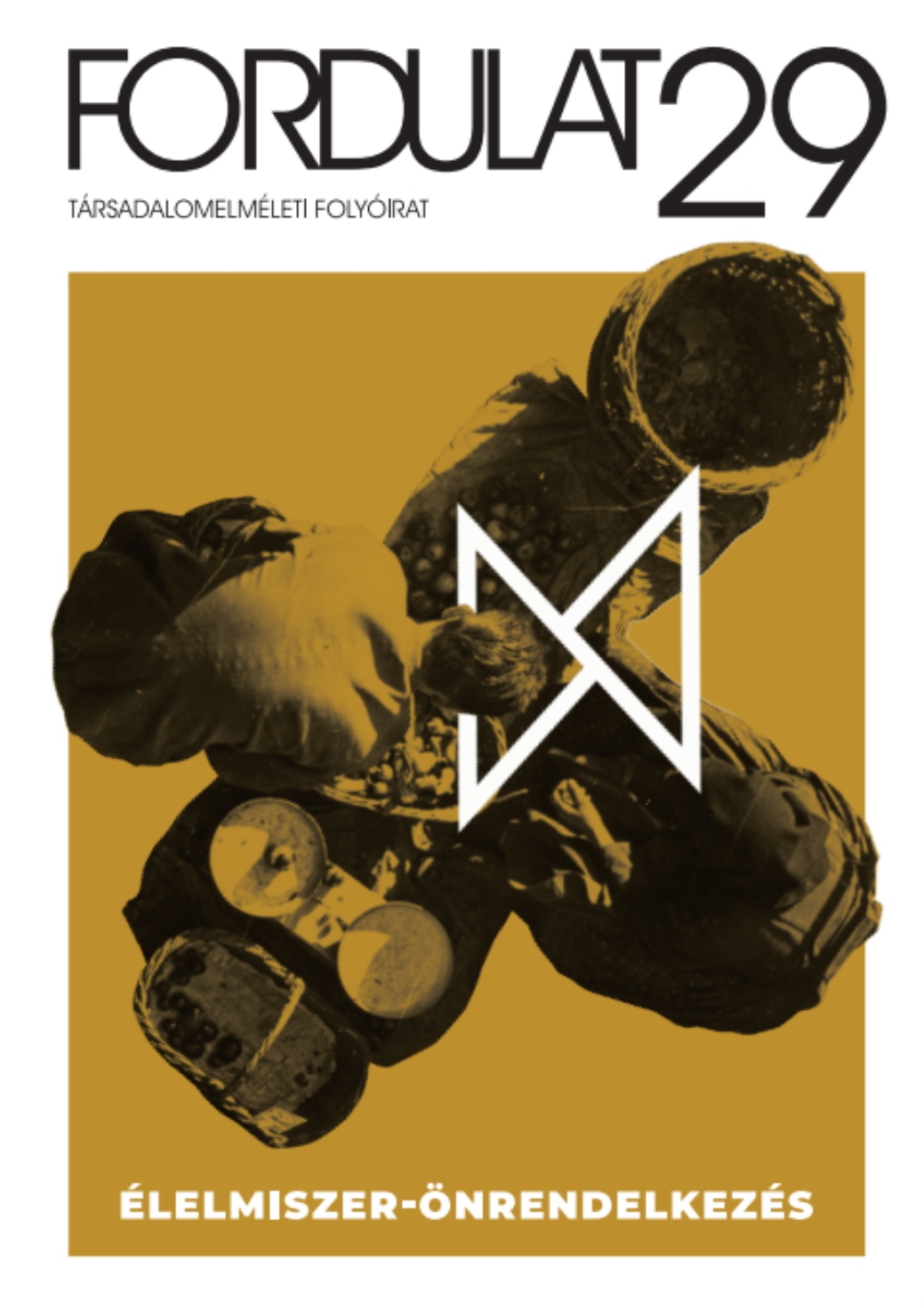Merre tovább agroökológia?
Which Way for Agroecology? Agroecology in Hungary: Current State, Actors and Directions of Development
Author(s): Bálint Balázs, Lili Balogh, Katalin RéthySubject(s): Politics / Political Sciences, Social Sciences, Agriculture, Human Geography, Socio-Economic Research
Published by: Fordulat
Keywords: agroecology;food soveregnity;rural development;rural;
Summary/Abstract: The initially interdisciplinary scientific approach of agroecology has gradually opened toward sustainable agricultural practices, traditional, local ecological knowledge, international peasant movements struggling for seed and food self-sufficiency and the political aspirations of NGOs. From 2010 onwards, more and more actors are participating in the agroecology inspired transformation of the food system: non-governmental organizations setting the standard of agro-ecology, FAO agro-ecological symposiums, farmers' direct contact with consumers, and social movements, international peasant movements and activists criticizing the social injustice and ecological unsustainability of globalized food markets. Redefining the relationship between man and nature would require taking into account different knowledge systems, giving a more prominent place to traditional ecological knowledge, a set of farming principles and practices that can be as guiding for survival as our scientific knowledge. In the international arena, there are perceptibly sharpened contradictions around agroecology, irreconcilable positions, and attempts to appropriate the concept. Meanwhile in Hungary the basic infrastructure of research, development and education, as well as the policies and support systems that would best establish the agroecological transformation of our food system, including agriculture and food distribution, have been stagnant for decades. Our research reviewed the practical implementation of agroecology in Hungary, which is undoubtedly a niche market of food production; moreover, it is also surrounded by the misconception of uncompetitiveness. The article considers the conditions of the agroecological shift and the possibilities of establishing a national network. Our long-term goal is to establish a nationwide agroecological knowledge network and to help joint action leading to food system level transformation.
Journal: Fordulat (2008-tól Új Folyam)
- Issue Year: 2021
- Issue No: 29
- Page Range: 243-267
- Page Count: 25
- Language: Hungarian

